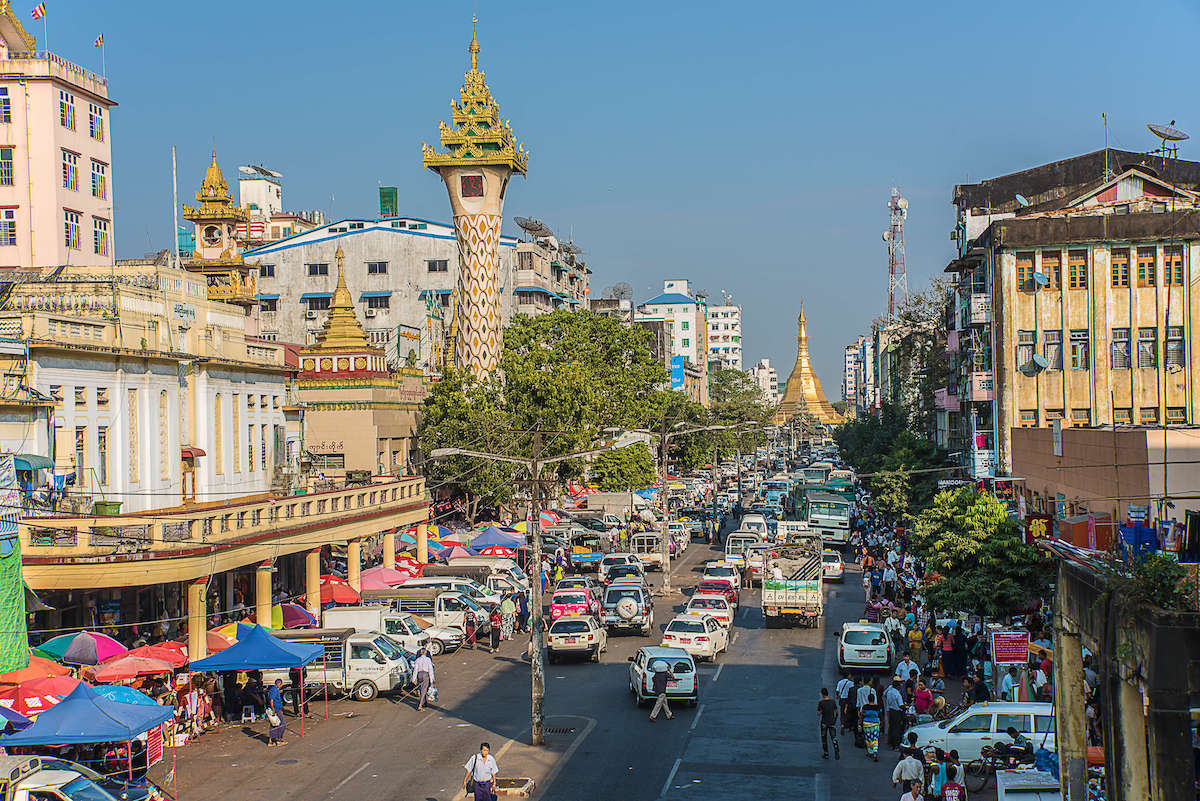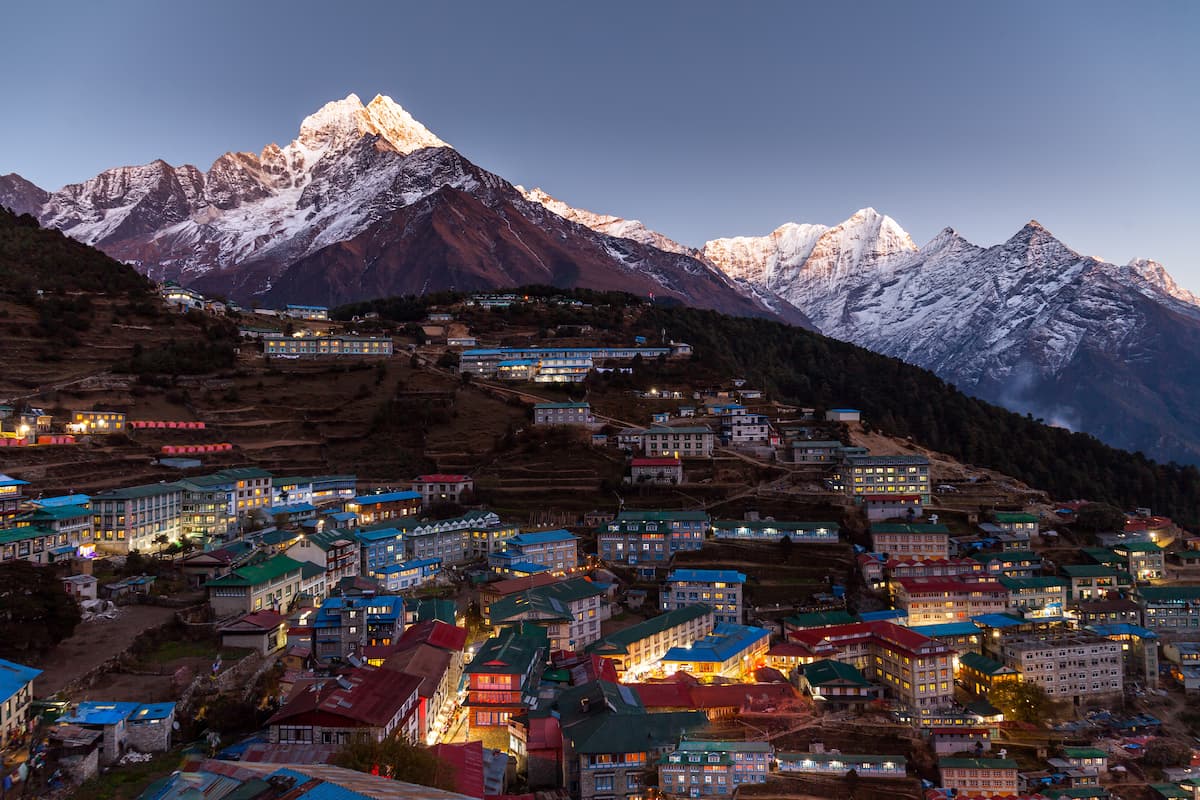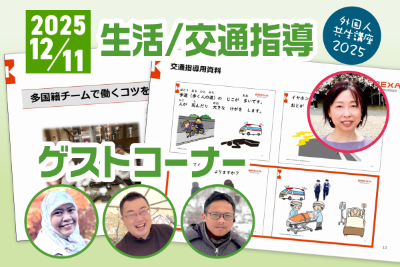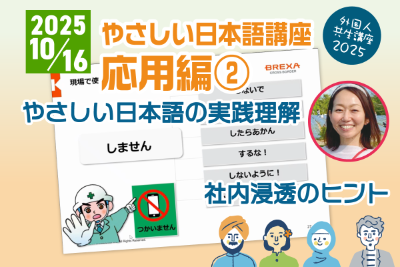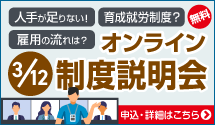- やさしい日本語
- ひらがなをつける
- Language
We provide multilingual content through machine translation. Translation accuracy is not 100%. About the multilingualization of the JAC website
- About JAC
- JAC Membership Information
- Specified Skilled Worker Acceptance
- Specified Skilled Worker Overview of the system
- 10 Mandatory Assistance for Foreigners
- Online individual consultation
- Seminar on Coexistence with Foreign Nationals
- Leading examples of host companies
- Case studies collection "Visionista"
- Foreigner's Voice
- Foreign Resident Acceptance Manual / Q&A
- Useful column "JAC Magazine"
- Acceptance support services
- Specified Skills Acceptance Support Service
- Skills improvement support
- Online Special Education
- Skill training
- Japanese Language Course
- Education and Training Support
- Subsidy system for obtaining qualifications
- Support for creating a comfortable workplace
- Temporary Return Support
- CCUS charge support
- Support system for promoting the accumulation of employment history
- Post-acceptance training
- Compensation system for Specified Skilled Worker (i)
- Daily life support
- Medical interpretation support
- Support for daily life problems
- freeJob matching
- The Specified Skills Evaluation Exam
- Home
- JAC Magazine
- Working with foreign workers
- What is the Vietnamese national character? Introducing their personality and communication tips!
- Home
- JAC Magazine
- Working with foreign workers
- What is the Vietnamese national character? Introducing their personality and communication tips!

What is the Vietnamese national character? Introducing their personality and communication tips!
I wrote the article!
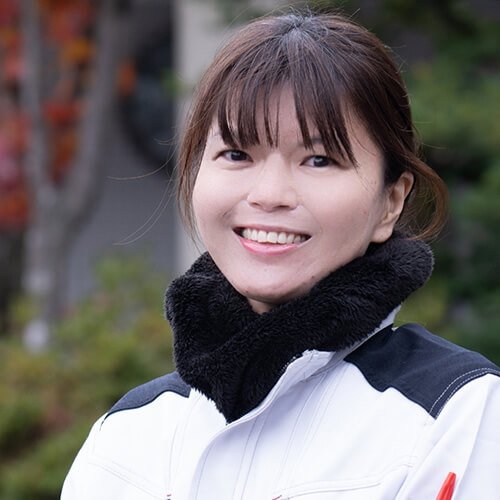
(One company) Japan Association for Construction Human Resources
Chief of Research and Development Department / Administration Department / Public Relations Department
Motoko Kano
(Kano Motoko)
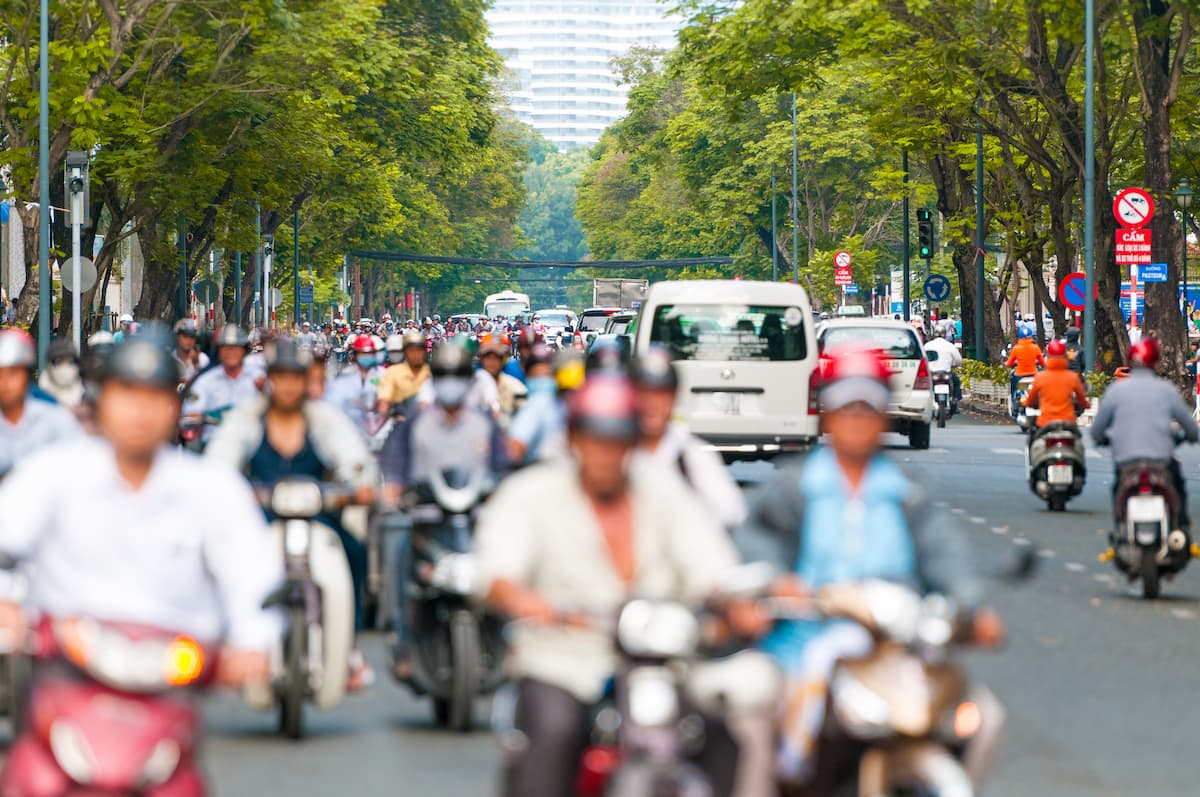
Hello, this is Kano from JAC (Japan Association for Construction Human Resources).
Vietnam is a Southeast Asian country that is said to have many pro-Japanese people.
In particular, Hanoi and Ho Chi Minh City are cities that are visited by many tourists from Japan.
Vietnamese dishes such as pho and fresh spring rolls are also popular in Japan.
In fact, 60% of Specified Skilled Worker are Vietnamese, and many Vietnamese people are already active in the Japan.
In this article, we will explain in detail the national character of Vietnam.
We will introduce the characteristics of the country and communication tips, so please refer to it.
What kind of country is Vietnam?
Vietnam is a long country stretching from north to south along the South China Sea, with a land area of approximately 329,000 km2, roughly the same size as Japan excluding Kyushu.
The official name of the country is the Socialist Republic of Vietnam.
The population is approximately 99.46 million (General Statistics Office of Vietnam, 2022).
Hanoi, the capital city in the north, is characterized by the strong Chinese culture that remains.
The southern city of Ho Chi Minh City is full of tropical cheer and energy, making it a popular tourist destination.
There are direct flights from major airports in Japan to Hanoi and Ho Chi Minh City, and the travel time between the two is around 6 to 7 hours.
Approximately 86% of the population is Kinh ethnicity, and the official language is Vietnamese.
Vietnamese has 12 vowels and 6 tones, making it a known difficult language to pronounce.
In addition to the Kinh people, there are 53 other minority tribes, some of whom do not speak Vietnamese at all.
Religious beliefs include Buddhism, Catholicism, and Cao Daiism.
Vietnam's major holidays are Southern Liberation Day (Unification Day), National Day, and Tet (Lunar New Year).
Southern Emancipation Day is celebrated annually on April 30th.
On April 30, 1975, the previously divided North and South Vietnam were unified, bringing the Vietnam War to an end.
It's a day to celebrate that.
National Foundation Day is celebrated on September 2nd every year.
It dates back to September 2, 1945, when the country declared independence from French and Japanese colonial rule.
Tet corresponds to the New Year holiday in Japan.
In Vietnam, it is celebrated according to the lunar calendar and results in a holiday of about a week.
If your workplace has staff from Vietnam, you may need Temporary Return Support.
What are the personalities and values of Vietnamese people? Learn about their national character
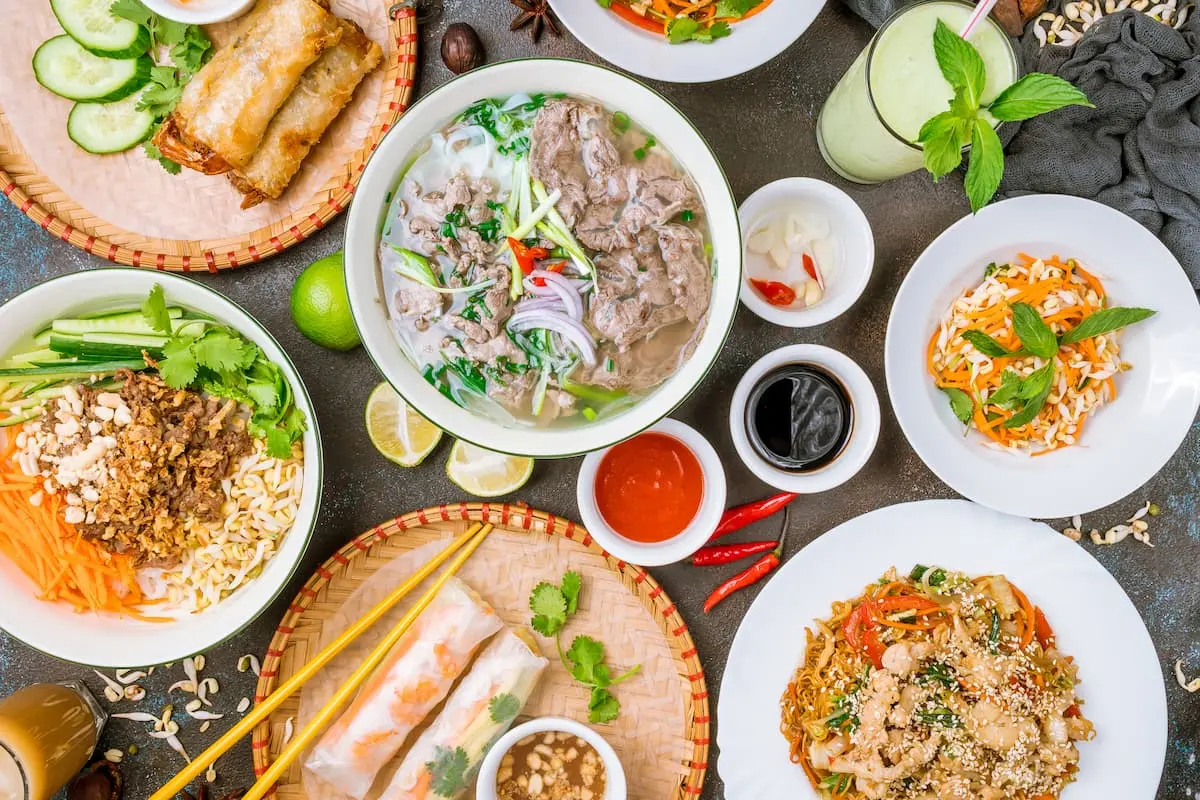
Vietnamese people are said to be hardworking, honest, and generally good-natured.
They also tend to be shy and reserved.
For this reason, Vietnamese people are said to be similar to Japanese people.
Many people are willing to work longer hours if they are paid overtime.
However, since Vietnam stretches a long way from north to south and has a history of being divided by war, there are differences in culture, diet, and national character between the north, central, and south.
The northern part of the country, centered around the capital Hanoi, is still heavily influenced by socialism, and it is said that there are many earnest, shy people who prefer reliable things.
In contrast, the south, centered around Ho Chi Minh City, has been strongly influenced by capitalism and is famous as an economic city, so it is said to have many easygoing and business-savvy people.
The central region, centered around Da Nang, is an area undergoing active development, and it is said that there are many people with a strong spirit of challenge and ambition to succeed.
Many Vietnamese people value their families, and it is common for them to think that it is natural to take time off work for family events or when they are sick.
If you have Vietnamese staff in your workplace, keep in mind that their absence or lateness may be due to family members.
Also, since many people in Vietnam are active early in the morning, it is common for them to take naps in the afternoon.
The reason for working early in the morning in Vietnam is that ordinary households do not have the habit of storing food in the refrigerator, so they have to do their shopping at the market.
This may not be the same in Japan, but some people may consider naps normal.
In addition to Vietnam, we also introduce the national characteristics of Myanmar, Indonesia, and the Philippines.
Please feel free to use this as a reference.
What is the Thai national character? Introducing their personality and communication tips!
What is the Nepalese national character like? Introducing their personality and communication tips!
What is the national character of Myanmar? Introducing their personality and communication tips!
What is the Filipino national character? Introducing their personality and communication tips!
What is the Indonesian national character? Introducing their personality and communication tips!
How can I work smoothly with staff from Vietnam?
In order to work smoothly with staff from Vietnam, there are three things to keep in mind when communicating with them.
It's a good idea to share this within your company before you start working with Vietnamese staff.
1. Understand regional and individual differences in personality
The first is to understand regional and individual differences in personality.
Vietnamese people are said to be hardworking and serious people, but this varies depending on where they come from, and each person has their own personality.
Instead of assuming that "Vietnamese people are like this," try to look at their individual personalities and abilities.
②Speak in easy-to-understand Japanese
The second is to use easy-to-understand Japanese.
Japanese terminology, dialects, and abbreviations are very difficult for everyone, and not just for people from Vietnam.
It will be smoother if you pick out expressions that are easy to understand.
You should be especially careful with Japanese-English expressions, which are unique to Japan and cannot be understood by foreigners.
For example, some Japanese English words include the following:
- Japanese English: Notebook PC → English: Laptop
- Japanese English: touch panel → English: touch screen
- Japanese English: Concent → English: Outlet
- Japanese English: Stapler → English: Stapler
3) Clarify the wage system
The third thing is to be aware of the differences in thinking about wages.
Vietnamese people have a strict attitude towards wages.
However, since many people are willing to work long hours if they are paid overtime, it is a good idea to have clear rules regarding overtime pay.
Also, since many people place importance on how much they can earn at the present time, it is more important that the wage system is commensurate with their current skills than what will happen in the future or how much they will earn.
Summary: Vietnamese people are hardworking and serious. Their national character is similar to that of Japanese people.
Vietnam is a long country stretching from north to south, and the culture and national character differs depending on the region, but overall, the people are hardworking and serious, and are said to be similar to Japanese people.
They tend to be more willing to accept longer working hours if they are paid properly, and they will complete their work responsibly.
It is considered natural to value family, so many people want to take time off for family events or when they are sick.
Vietnamese people celebrate the Lunar New Year, which is a week-long holiday, so they may need to Temporary Return Support.
One employment type for Vietnamese people is Specified Skills.
This is a status of residence that requires certain skills and Japanese language ability, so companies looking for immediate personnel should definitely consider this.
A seminar on coexistence with foreigners for Japanese people is being held: "I'm having trouble getting along with my Vietnamese employees! What should I do?"
JAC holds "Foreigner Symbiosis Courses" with the aim of "understanding to work smoothly with foreign staff!"
The third lecture on Foreign Coexistence on September 14, 2023 will be "Foreign Coexistence Course (Vietnam)" (Lecturer: Tomohiko Aoyama).
In addition to introducing Vietnam's history, national characteristics, and food culture, we also explained the precautions and points to be taken when actually accepting Vietnamese people.
Participating companies asked questions about the acceptance flow, such as sending organizations and Registered Support Organizations.
Q: I used to employ Technical Intern Training (a company-owned). I am currently in my home country, but I would like to call him again as Specified Skills. Regarding the acquisition of a letter of recommendation on the Vietnamese side, in the past, it was a company-only type, so there was no sending agency, but in the case of Specified Skills, can it be obtained without going through the sending agency?
In the case of → Specified Skills, a letter of recommendation from DOLAB is required via the sending agency. The same is true for interns who are independent companies.
Q: I understand that the sending agency is an organization on the foreign side, including Vietnam, but on the other hand, there is an institution called Registered Support Organizations on the domestic side of Specified Skills Japan but for the . Can we have all negotiations with the sending agency covered by the Japan Registered Support Organizations?
→ In the case of overseas invitation from Vietnam, a contract with the sending organization is required when issuing a local recommendation letter. There are the following patterns in contracts with sending agencies.
(1) Sending organization ⇔ the host company
(2) Registered Support Organizations ⇔ sending organization
As you asked, in the case of (2), it is possible for the sending agency and Registered Support Organizations to communicate directly. However, the operation is different for each company.
You can view seminar videos, materials, answers to questions, etc. from "Missed Distribution and Materials for Foreigners' Symbiosis Course".
If you were unable to participate, please take a look.
Regarding the course, we have received the following impressions.
- The cultural background and other information was concise and easy to understand.
- The explanations were easy to understand from various perspectives, including history, geography, and language.
- The basics were reaffirmed
- It was good to get to know about Vietnam in general.
- I was undecided about how to communicate and teach my future work, so I was able to hear very useful information on that point.
In addition to the Vietnamese symbiosis course, we will also hold lectures on Indonesia, the Philippines, Myanmar, Nepal and Thailand!
If you're considering accepting Specified Skilled Worker from the countries listed above, be sure to check it out.
We will continue to hold useful seminars according to your needs!
[Online free course] It's hard to get along with foreign employees! What do we do??
If you are a company that is considering accepting Specified Skilled Worker in the construction industry, please feel free to contact JAC!
*This article is based on information as of October 2023.
The author of this article

(One company) Japan Association for Construction Human Resources
Chief of Research and Development Department / Administration Department / Public Relations Department
Motoko Kano
(Kano Motoko)
Born in Aichi Prefecture.
He is in charge of public relations, research and investigation, and is the person behind social media.
We update our social media accounts daily with the desire to make people fall in love with Japan, to spread the appeal of construction from Japan to the world, and to ensure that Japan's construction industry continues to be the industry of choice around the world.
He is also engaged in research into the feasibility of implementing skills evaluation exam in Asian countries, and is conducting interviews with local organizations in each country.
Related articles

What is the Japanese level of Specified Skilled Worker? Precautions and measures after acceptance

Things to know when working with Muslim employees in a Japanese company

What is the obligation to notify the employment status of foreigners? Foreign workers who must be notified and how to apply
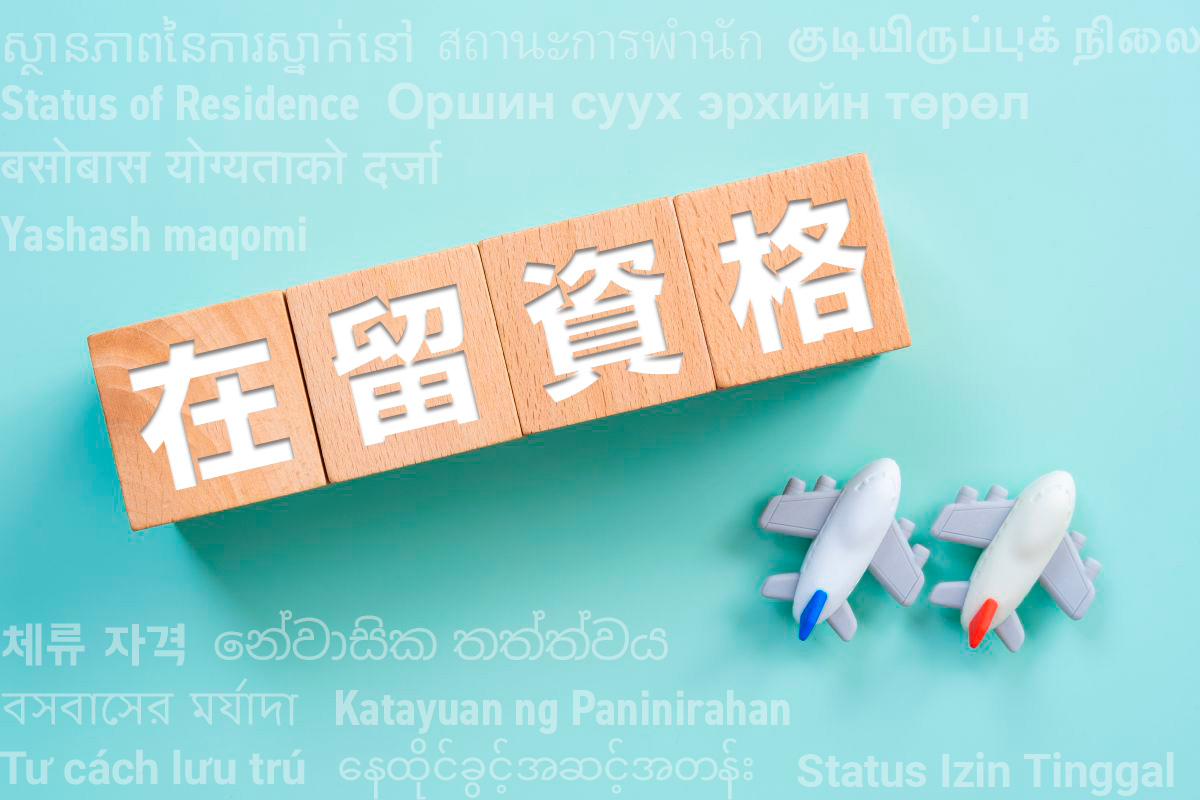
What is the status of residence that allows you to work? Explaining the types, how to obtain it, and more!







